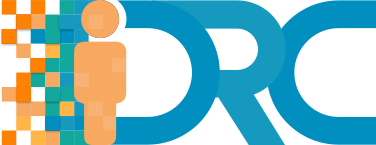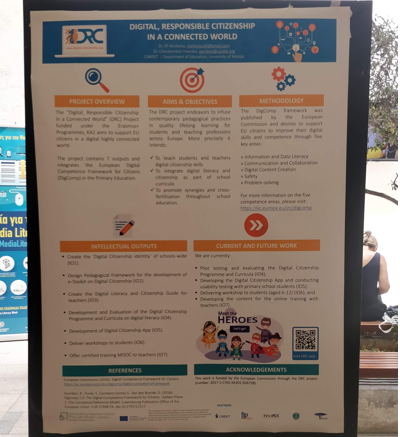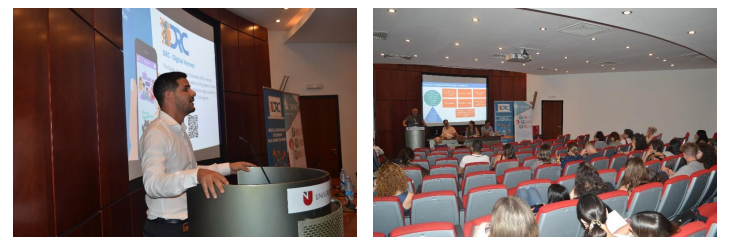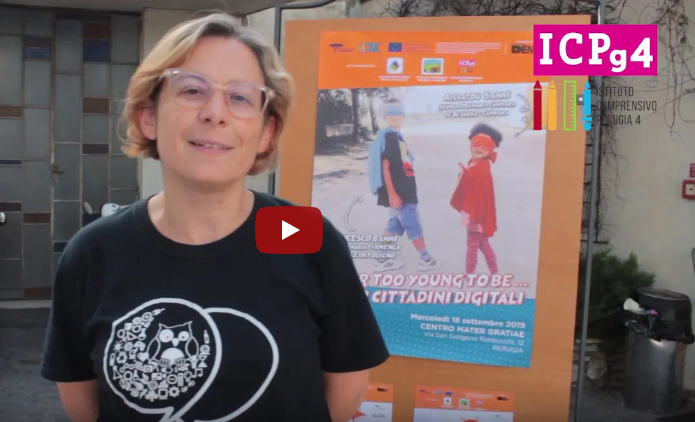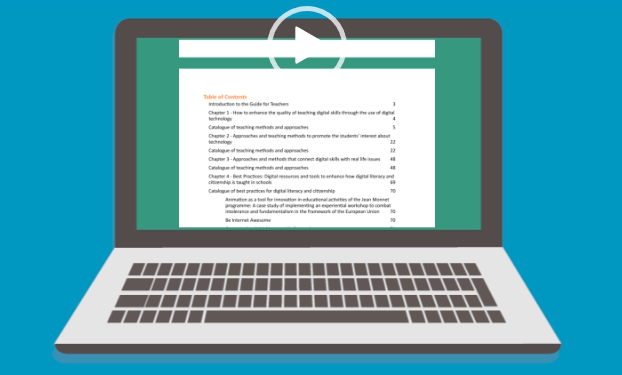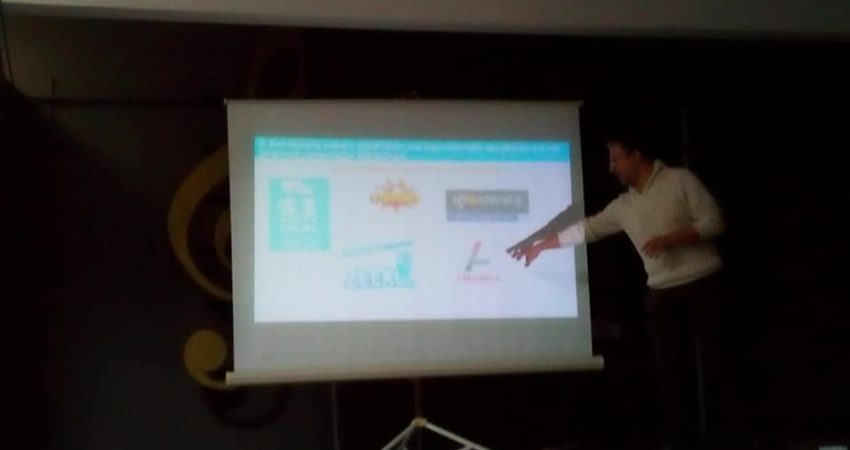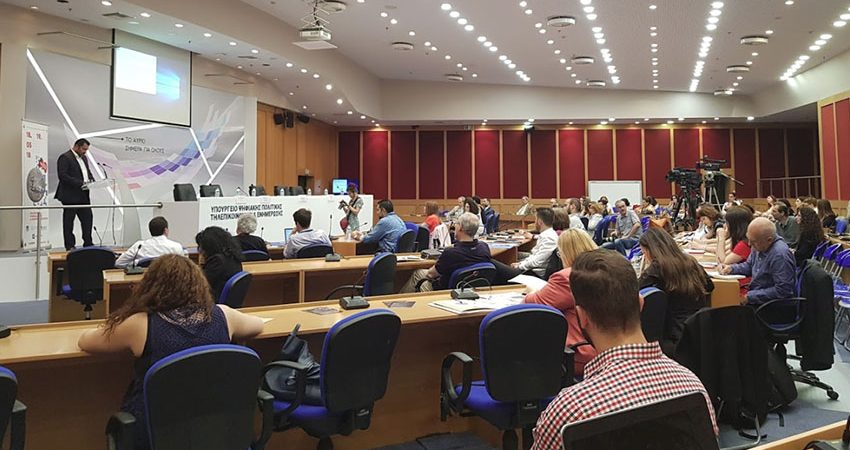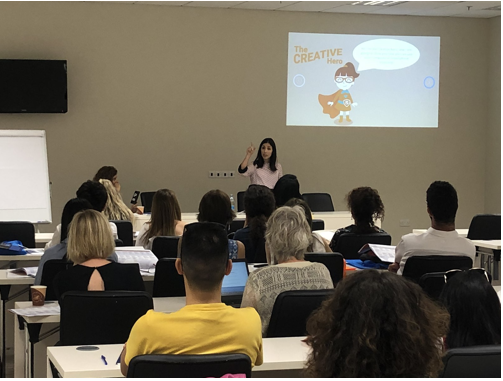
3RD INTERNATIONAL CONFERENCE: “LITERACY AND CONTEMPORARY SOCIETY: IDENTITIES, TEXTS, INSTITUTIONS” 11-12 OCTOBER 2019
The 3rd International Conference on Literacy and Contemporary Society was organized by the Cyprus Pedagogical Institute, Ministry of Education and Culture, Cyprus, in collaboration with the University of Cyprus. The conference was held on 11-12 October 2019 and shed light on the complex interrelation between identities, texts and institutions and provided a dynamic platform where different aspects of identities, texts and institutions will be discussed. (more…)
